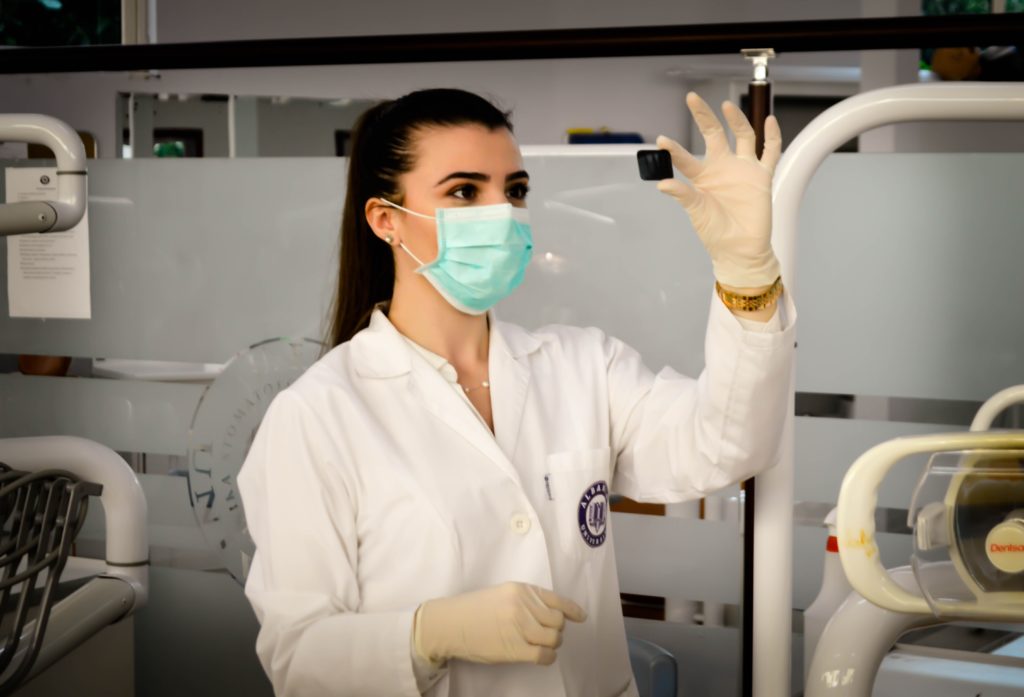Evolving SEO best practices put expertise, authority and trustworthiness in the spotlight
Google’s search quality evaluator guidelines (and its algorithm updates) put ‘EAT’ in the spotlight. To rank well on Google, you need to nurture your content by building Expertise, Authority and Trustworthiness (EAT). Incorporating EAT into your content strategy can maximise your chance of ranking high on the search results page. Not doing so, can send your page tumbling down the rankings. And perhaps no category is more at risk here than pharma, medical, and health care content.
Google weighs perhaps hundreds of factors in calculating website and page rankings. Some well-known factors include speed, accessibility, security, time on site, pages visited and so on. Other criteria are less well known.
Since 2015, Google’s search quality evaluator guidelines have focused on content quality. The guidelines were set out to help Google’s evaluators rate the quality of webpages and provide feedback on Google’s processes of experimentation in algorithm changes. EAT has emerged as the three-headed guard dog Google uses to weigh up the value, risk and benefits of content to give a page its page quality (PQ) score.

So, what do evaluators (and the algorithm) look for?
Expertise
- Is the main author a known and published expert?
- Do they hold appropriate qualifications in this field?
- Is there evidence of their credentials on this page or elsewhere on the internet?
Expertise must be applicable to the topic: If the page is offering medical advice, a qualified doctor or health care professional will rank better than a lay person.
Authoritativeness
- Are the page creator and the website hosting the page authoritative?
- Does the content agree with most authoritative sources on this subject?
- Does the creator have recognised authority and are they perceived as an industry/knowledge leader?
- Does external content on the internet support this creator’s claim to authority, honesty and accuracy?
Trustworthiness
Trust takes years to build and seconds to squander. Google values trust highly when assessing page quality, asking for example:
- Are the creator and their content endorsed by other experts in this field?
- Have they established links with other prominent figures in the community?
- Has their work been recognised by other trustworthy organisations?
Keep up with evolving SEO best practices and improve your EAT ‘score’
Consumer trust and evidence are not linked, and this is a challenge for both pharma companies and health care professionals (HCPs) to address when promoting science-based healthcare solutions.
McKinsey’s Anna Pione observed recent consumer trends: “We asked consumers to choose between more natural or more effective products, and we saw that in several categories… consumers were more likely to choose natural products over effective ones. For example, in dietary supplements, 40 percent of consumers globally would prefer a more natural product over a more effective product; only 20 percent would choose more effective.
Google’s algorithm attempts to address this, scoring evidence-based content more highly than unproven assertions. Nevertheless, the problem of misinformation remains, and brands should reinforce their evidence-based and scientific credentials where possible.
You can improve your EAT score offsite as well. Your authority reflects how present you are in your industry, and how frequently others reference and refer to your work. Providing content for other reputable sites raises your profile and shows Google that you are a source to be trusted. Conference attendance or sponsorship, media coverage, KOP interviews and high-profile collaborations can all potentially lead to backlinks and mentions that boost a pharma brand’s SEO and ensure your page and audience meet.
Creating the content that Google wants to see – that is, high-quality content – can boost your rankings. Keeping an eye on changes as Google updates its guidelines and algorithm to address new priorities and keeping up with evolving SEO best practices will yield positive results.

